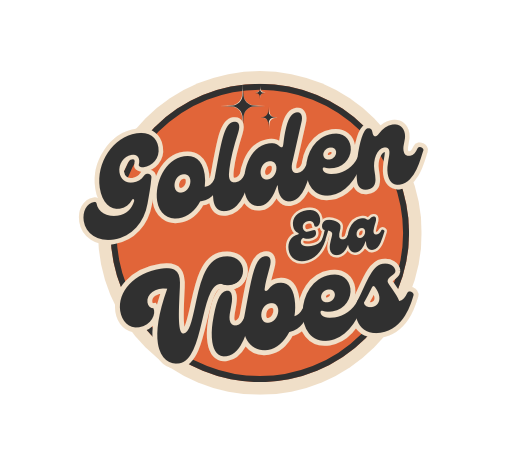15 Things You’d Only Hear From A 1970s Radio DJ At Midnight
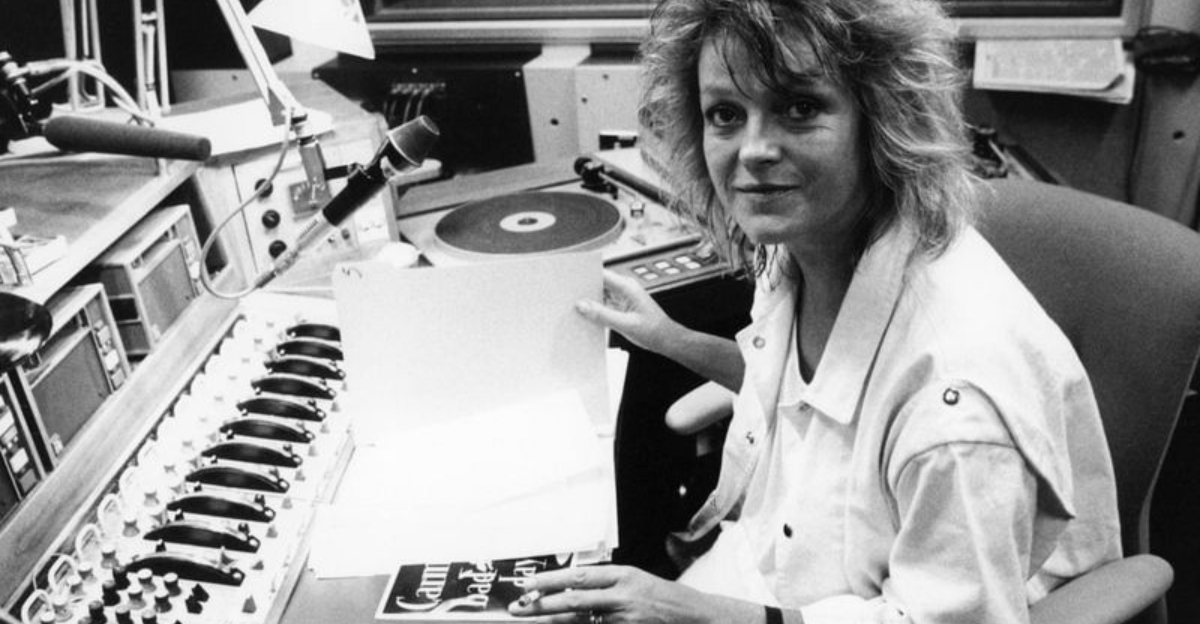
Picture this: it’s past midnight in 1976, you’re cruising down empty streets in your Chevy Nova, headlights cutting through the darkness, and the only company you’ve got is that smooth-talking radio DJ spinning vinyl in a dim, smoke-filled studio somewhere across town.
There was something intimate, almost sacred, about those late-night broadcasts. The DJ’s voice felt like it was meant just for you—comforting, familiar, and always there when the world felt quiet and still.
For night owls, truck drivers, third-shift workers, and insomniacs, those voices became trusted companions, filling the silence with soul, rock, jazz, and stories. It wasn’t just about the music; it was about the atmosphere, the connection, the shared solitude.
In a world before streaming, before algorithms curated your playlists, radio was raw, real, and deeply personal. That kind of magic is hard to find in today’s on-demand world.
1. Groovy Greetings to Night Owls
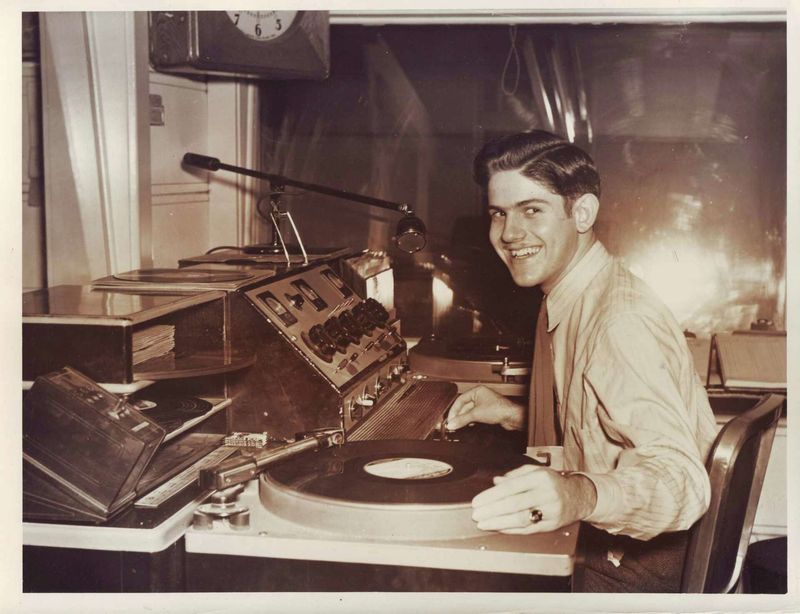
“Hello there, beautiful night people! This is Moondog Mike keeping you company while the rest of the squares are tucked in their beds. If you’re awake at this bewitching hour, you’re my kind of cat.”
I remember sitting in my college dorm room with my little transistor radio, feeling like these DJs were speaking directly to me. They acknowledged us night owls as a special tribe, separate from the nine-to-five crowd.
These midnight welcomes created an instant bond between listener and DJ. They validated our strange sleep schedules and made us feel part of an exclusive club. The greeting was often accompanied by a slow jazz number or a deep album cut, setting the tone for the intimate hours ahead when the airwaves belonged to us nocturnal souls.
2. Album Deep Cuts Introduction
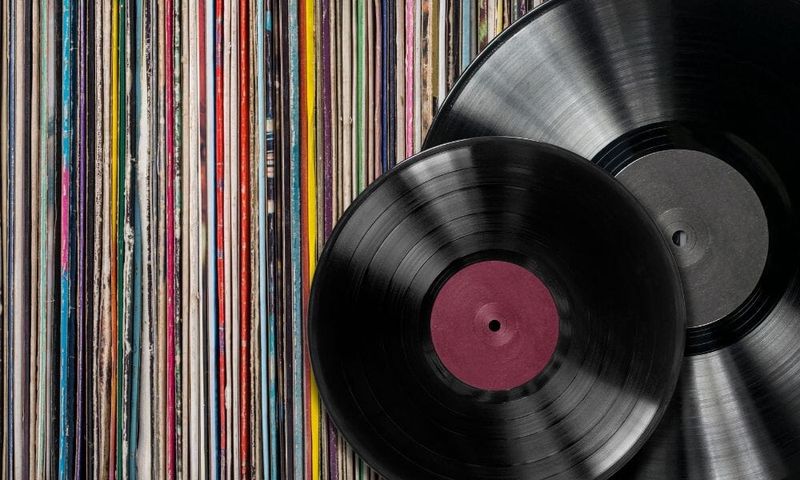
“What you’re about to hear ain’t on any Top 40 countdown, friends. This is side two, track three from the new Floyd album—the stuff the day crowd never gets to experience.”
Late-night DJs were musical explorers who ventured beyond hit singles. They took pride in playing the experimental tracks buried deep within albums, knowing their audience craved something more substantial than the overplayed radio hits.
My buddy Tom worked the midnight shift at our local station in ’78, and he’d sneak in progressive rock albums that management would never approve during prime time. These DJs understood their audience wanted musical journeys, not just three-minute pop songs. They created a space where Pink Floyd’s 23-minute epics could breathe and where listeners could discover hidden musical treasures that the daylight hours simply wouldn’t accommodate.
3. The Sultry Voice Shift
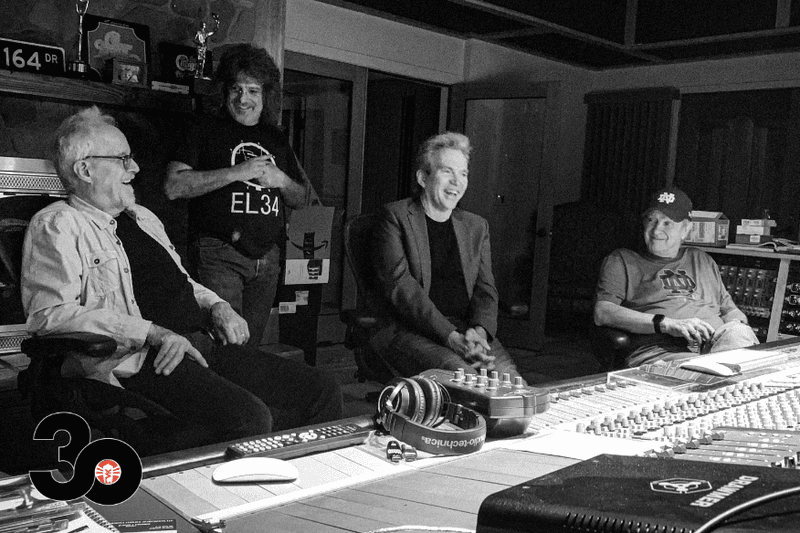
“Now that we’ve crossed into the witching hour, I’m gonna bring it down real slow and smooth for all you lovers out there.” The midnight DJ’s voice would suddenly drop an octave, transforming from energetic broadcaster to intimate confidant.
This vocal metamorphosis was an art form unique to late-night radio. The DJ instinctively knew when to shift from announcer to friend, creating an atmosphere that felt like they were sitting right beside you in your car or bedroom.
During my stint working overnight security in college, Smooth Charlie on WXRT became my nightly companion. His voice changed around midnight, becoming like warm honey over the airwaves. The technique wasn’t taught in broadcasting school—it was an intuitive understanding that midnight listeners weren’t looking for the same high-energy patter that dominated daytime radio. They wanted someone who understood the intimate nature of late-night listening.
4. Phone Line Philosopher
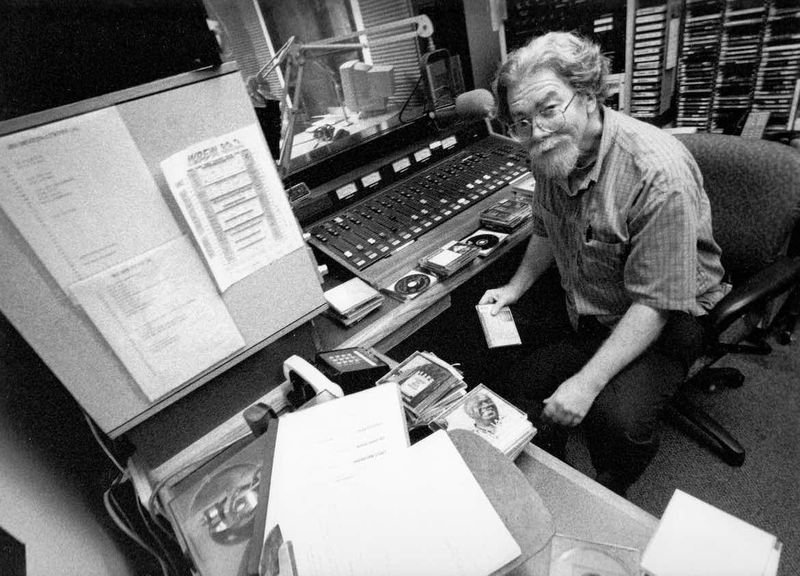
“Got a night owl on line two wondering about the meaning of life at 2 AM. Heavy stuff, man, but that’s what these midnight hours are for—when the big questions come out to play.”
Late-night callers weren’t just requesting songs—they were seeking connection. DJs transformed into philosophers, therapists, and friends for lonely souls reaching out through the telephone lines.
The conversations were raw and unfiltered in ways that would never fly in today’s corporate radio landscape. I called in once as a teenager to a station in Detroit, expecting to just request a song, and ended up in a fifteen-minute conversation about whether college was worth it with a DJ called Nighthawk. These unscripted human exchanges were radio at its most authentic. Midnight DJs embraced these meandering conversations, recognizing that their real purpose wasn’t just playing records but providing a voice in the darkness for people who needed someone to talk to.
5. Weather Reports for Vampires
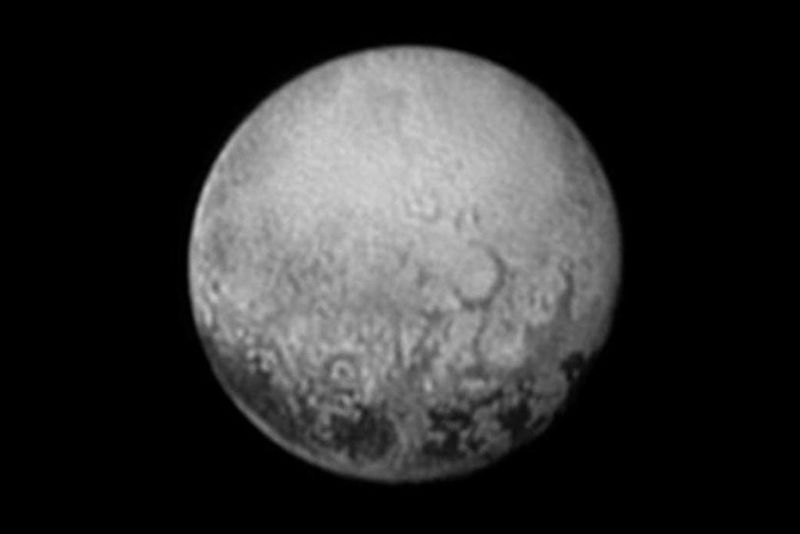
“For you cats still cruising the streets, we’ve got a full moon and foggy conditions—perfect weather for werewolves and midnight rendezvous. Current temperature is a cool 65 degrees, ideal for those leather jackets.”
Weather updates took on a poetic, almost mystical quality after midnight. Regular meteorological information transformed into atmospheric scene-setting that acknowledged the different world that existed after dark.
The best late-night jocks turned mundane forecasts into mood pieces. My favorite was Wolfman Jack, who could make a simple rain report sound like the opening of a horror film or romantic adventure. These weather reports weren’t really about planning your day—tomorrow was too far away to matter at midnight. Instead, they acknowledged the special world that exists between midnight and dawn, when different rules apply and even something as ordinary as fog takes on new significance.
6. Dedication to Lonely Hearts
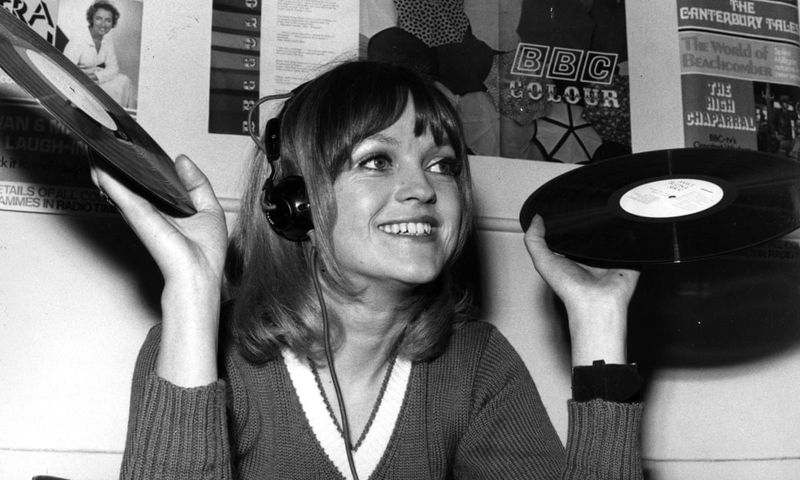
“This next track goes out to Mary in Westfield who’s missing her man overseas. The night might be long, darling, but this song carries love across any distance.”
Dedications after midnight weren’t just song requests—they were lifelines connecting separated lovers, heartbroken singles, and night shift workers to the outside world. DJs delivered these messages with genuine empathy that’s rarely heard in today’s automated radio landscape.
During the Vietnam era especially, these dedications took on profound significance. I still remember hearing a dedication to my brother when he was deployed, and how the DJ seemed to truly understand what our family was going through. The midnight hours stripped away the performance aspect of radio, leaving only authentic human connection. These DJs became messengers between separated hearts, treating each dedication not as a programming segment but as a sacred trust between themselves and their listeners.
7. Station Manager’s Gone Home Confession
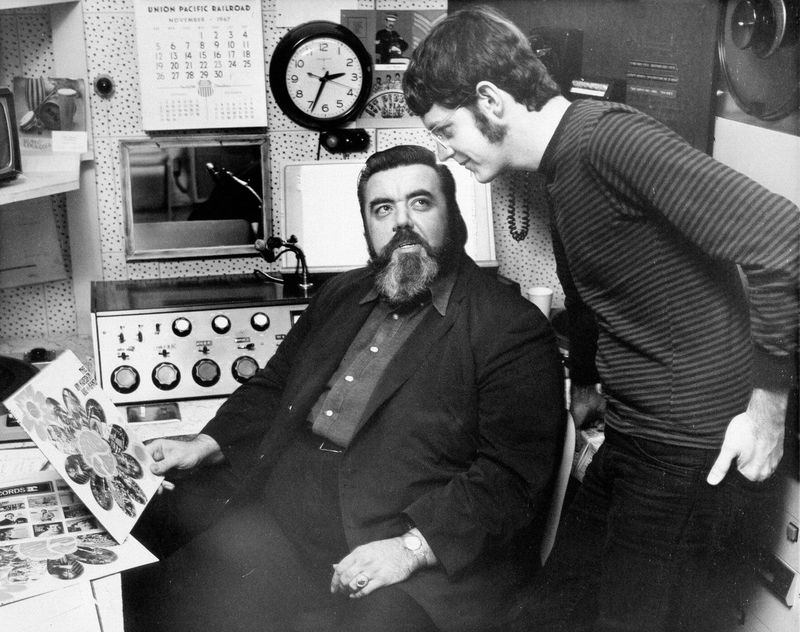
“Between you, me, and the turntable, the suits have all gone home, so I’m gonna play what I want now. Management would have my head if they knew I was playing this whole album side.”
Midnight brought a delicious rebellion to the airwaves. DJs would conspiratorially inform listeners that the rulebook had been tossed out the window, creating a thrilling sense that anything could happen.
These confessions transformed listeners into accomplices in a minor act of broadcasting rebellion. Back in ’74, I’d stay up late just to hear Crazy Eddie’s midnight show because I knew he’d play the unedited versions of songs once his program director went home. The format restrictions that governed daytime radio—song length limits, commercial requirements, approved playlists—mysteriously relaxed after midnight. This wasn’t just about musical freedom; it was about human connection through shared rebellion. The DJ was saying: I trust you enough to let you see behind the curtain of radio formality.
8. Late-Night Conspiracy Theories
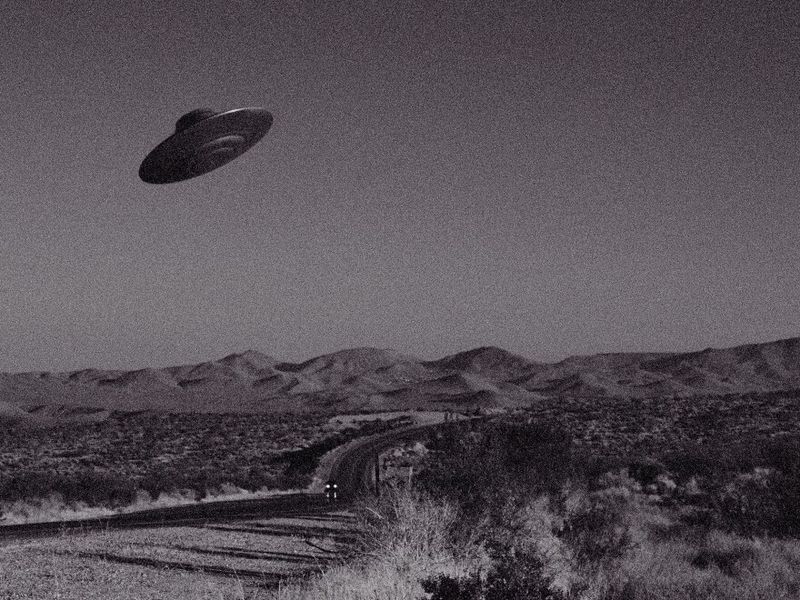
“If you’re tuning in for the first time, yes, we do discuss whether the moon landing was filmed in Hollywood every Thursday at 2 AM. Keep those calls coming, night owls.”
The midnight hours transformed radio into a forum for ideas too strange for daylight. DJs would entertain wild theories about government cover-ups, alien visitations, and shadowy organizations with a playful openness rarely found in mainstream media.
The darkness somehow made these conversations seem perfectly reasonable. During a cross-country drive in ’79, I stumbled across a New Mexico station where the DJ and callers were having a completely serious debate about cattle mutilations and UFOs. Unlike today’s algorithm-driven echo chambers, these conversations weren’t politically charged—they were playful explorations of the unknown. Late-night radio created a judgment-free zone where imaginative thinking could flourish, guided by DJs who understood that midnight was when the boundaries between possible and impossible grew delightfully blurry.
9. The 3 AM Existential Crisis
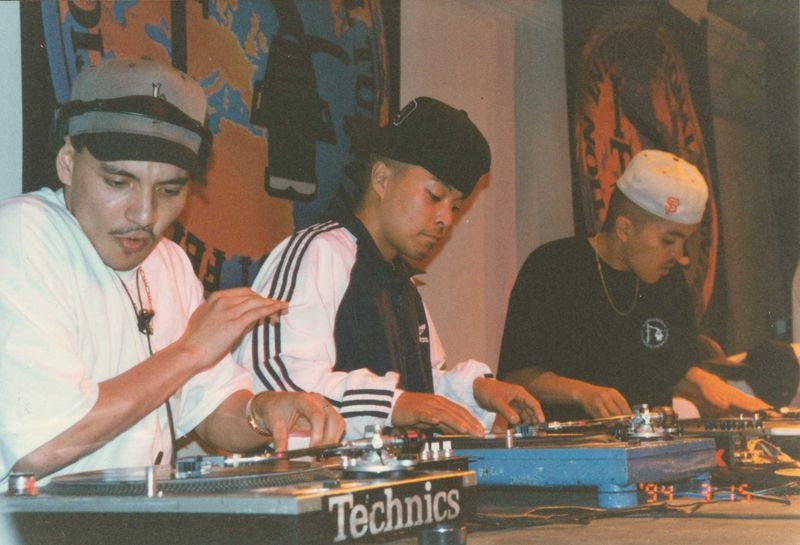
“We’re hitting that 3 AM stretch, beautiful people—that no-man’s land where yesterday’s gone but tomorrow hasn’t arrived. Perfect time to contemplate our tiny place in this vast cosmic dance, isn’t it?”
Around 3 AM, something shifted in the DJ’s patter. The conversation turned philosophical as if the late hour granted permission to ponder life’s biggest questions between Zeppelin tracks.
This wasn’t radio as entertainment but as existential companionship. During my night shifts as a hospital orderly, I relied on these voices to help process the life and death I witnessed daily. The 3 AM DJ understood they were speaking to people in vulnerable states—the sleepless, the lonely, the working, the worried. They created a space where wondering about your purpose in life while driving an empty highway at 3 AM didn’t feel strange but perfectly natural. These weren’t scripted segments but genuine moments of human contemplation shared through the intimate medium of radio.
10. Secret Song Origins Revealed
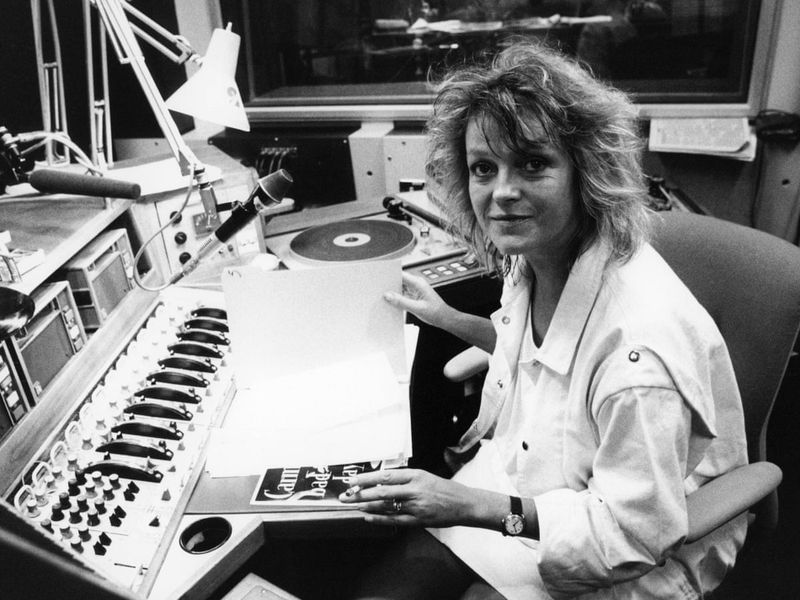
“What the record company doesn’t want you to know is that this track was recorded when the whole band was higher than the Goodyear blimp, and the guitarist was feuding with the drummer over a shared girlfriend.”
Midnight DJs shared music industry gossip and behind-the-scenes stories that would never make it to daytime airwaves. They prided themselves on knowing the unauthorized version of music history.
These stories transformed familiar songs into completely new experiences. I distinctly remember a late-night DJ in Chicago explaining how a hit song I’d heard a hundred times was actually a scathing message to a record executive, completely changing how I heard it thereafter. The midnight DJ positioned himself as an insider sharing privileged information with his loyal nocturnal audience. Whether these stories were entirely factual was almost beside the point—they created a sense of exclusive knowledge shared between DJ and listener, strengthening the bond that made late-night radio so special.
11. The Overnight Request Line Promise
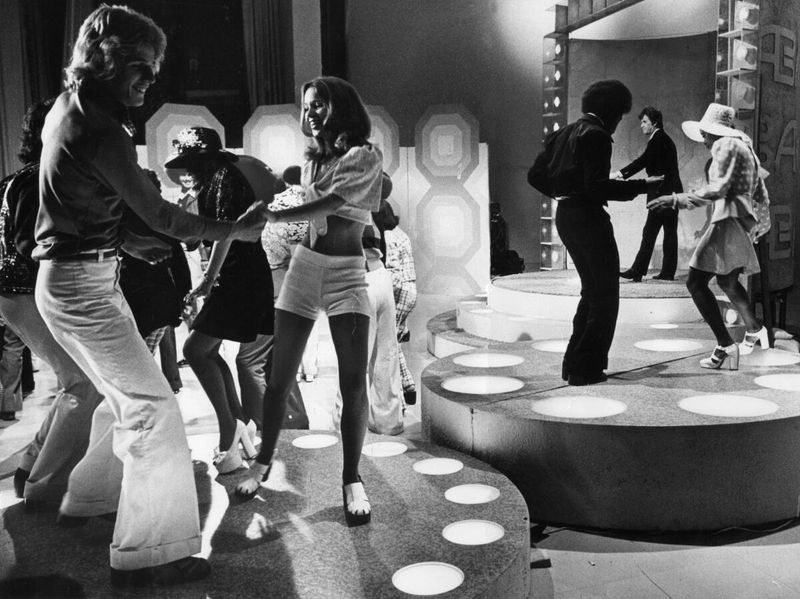
“Lines are open, night people. Unlike those daytime shows with their pre-planned playlists, if you call now, I’ll actually play your song. That’s the midnight guarantee.”
Late-night DJs took pride in their ability to be responsive to listeners in ways the more structured daytime shows couldn’t match. They created radio that felt genuinely interactive decades before social media existed.
The request line wasn’t just about hearing your favorite song—it was about being acknowledged in the void of night. During a period of insomnia in my twenties, I called a local station at 2 AM requesting an obscure Doors B-side. The DJ not only played it but mentioned my name and wished me peaceful sleep afterward. That human connection meant everything in those lonely hours. Midnight DJs understood their role went beyond entertainment—they were creating community for people who, for whatever reason, existed outside normal hours.
12. FM Frequency Mysticism
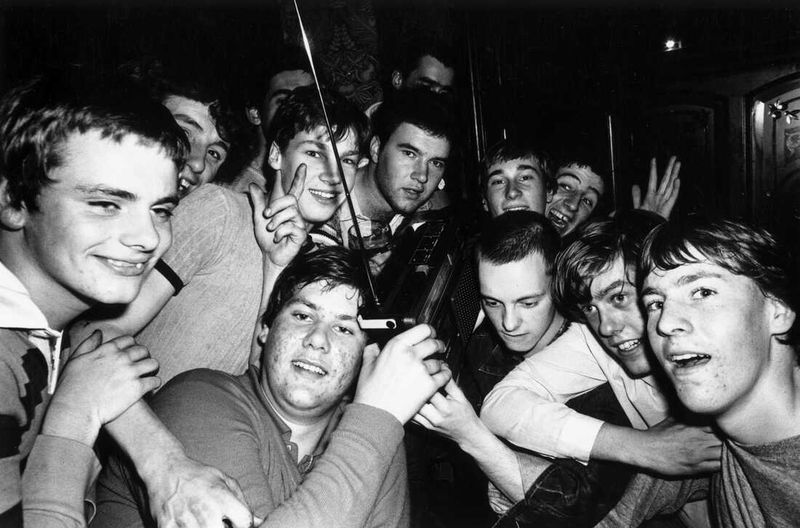
“If you’re picking us up while driving through the mountain pass, that’s no coincidence, friend. The ionosphere does strange things after midnight, carrying our signal to places it was never meant to reach.”
Late-night DJs often embraced the mysterious properties of radio waves, discussing how signals traveled differently at night as if the laws of physics themselves changed after dark. They turned technical broadcasting anomalies into mystical experiences.
There was something magical about catching a distant station that was impossible to receive during daylight hours. On a camping trip in the Rockies back in ’75, our group huddled around a portable radio that suddenly picked up a station from Chicago—over 1,000 miles away. The DJ acknowledged these “signal travelers” specifically, as if we were part of a secret fellowship connected by invisible waves. This phenomenon—skip propagation caused by ionospheric reflection—has a perfectly scientific explanation, but midnight DJs preferred to frame it as something supernatural, adding to the enchanted atmosphere that made late-night radio so captivating.
13. Turntable Confession Booth
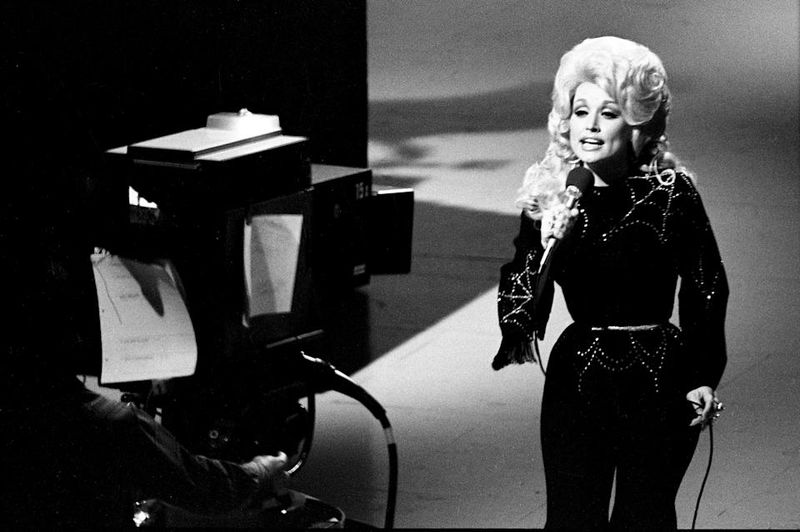
“Just got divorced last week, beautiful people. Playing this Fleetwood Mac album is my therapy tonight, so we’re all going on this journey together.”
Midnight DJs shared personal struggles in ways that would be considered unprofessional during daylight hours. The booth transformed into a confession space where they revealed divorces, deaths, heartbreaks, and hopes.
I’ll never forget tuning in one night in ’77 to hear a usually upbeat DJ play Leonard Cohen while quietly discussing his brother’s cancer diagnosis. This vulnerability created profound connections with listeners. Unlike the polished, impersonal personas of daytime radio, midnight DJs understood that authentic human connection required revealing your own humanity first. These weren’t calculated attempts to boost ratings but genuine moments of shared experience. The darkness somehow made these confessions appropriate—as if the night hours created a space where the normal boundaries between broadcaster and audience could dissolve, leaving just two humans connecting through the airwaves.
14. The Sunrise Signoff Philosophy
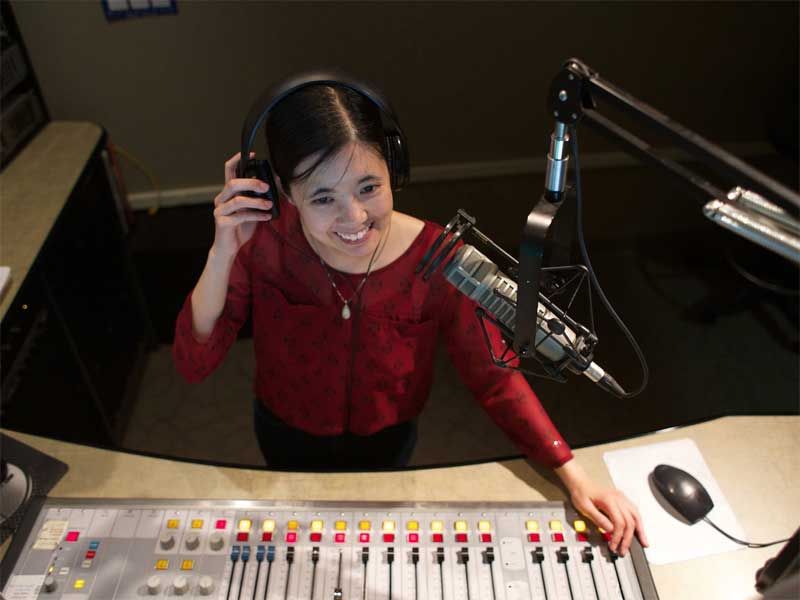
“As we’re watching the night slip away, remember that darkness always surrenders to light, beautiful people. Whatever demons chased you through this night, they can’t survive the dawn we’re about to witness together.”
For DJs who worked until dawn, the transition from night to day became a moment for poetic reflection. They marked this daily rebirth with philosophical observations that gave night owl listeners a sense of closure.
These weren’t just signoffs but benedictions for the faithful who had stayed awake through the darkest hours. During my college years working the early shift at a diner, I’d arrive before sunrise and catch these final moments of night radio. The DJ who’d been my companion through the small hours would acknowledge the coming day with a mixture of wistfulness and hope. Unlike the abrupt format changes of modern radio, these transitions honored the intimate journey shared between broadcaster and listener. The best DJs made you feel like you’d accomplished something meaningful simply by staying awake, witnessing another night transform into morning alongside them.
15. Broadcast Tower Ghost Stories
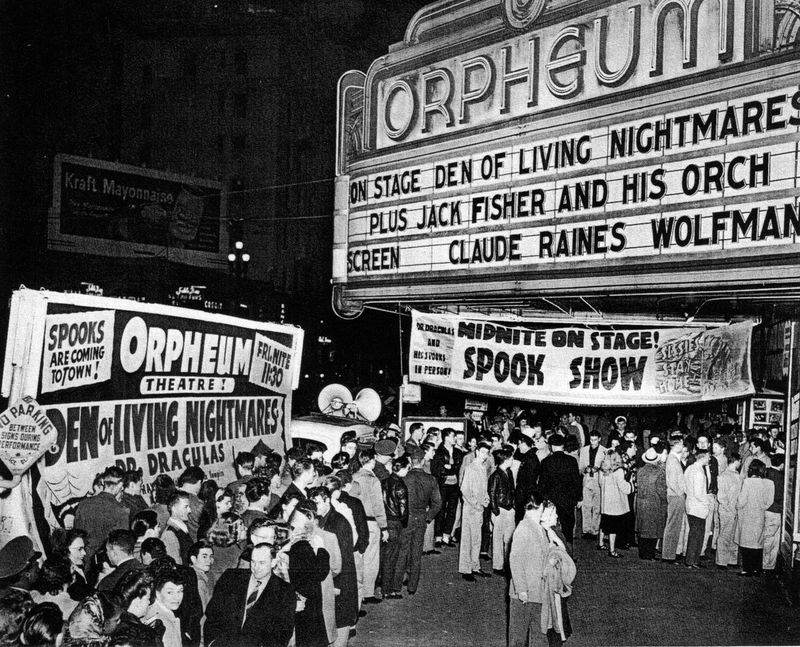
“If you hear some strange noises coming through your speakers, don’t adjust your dial. That’s just Old Charlie, our station ghost who likes to mess with the equipment after midnight.”
Many stations had their own ghost stories that became part of their midnight mythology. DJs would attribute technical glitches to spectral engineers or phantom voices from radio’s golden age who supposedly haunted the broadcast tower.
These tales weren’t just for entertainment—they reflected the genuinely eerie experience of working alone in an old radio station at night. My first radio job was in a converted Victorian house, and the overnight guy swore the spirit of the original owner wandered the halls after midnight. Whether anyone truly believed these stories was beside the point; they created a shared folklore between broadcaster and audience. The intimate darkness of midnight radio was the perfect medium for ghost stories, and many DJs leaned into this tradition. They understood that late-night radio wasn’t just about music but about creating an atmosphere where the boundary between the possible and impossible grew delightfully thin.
